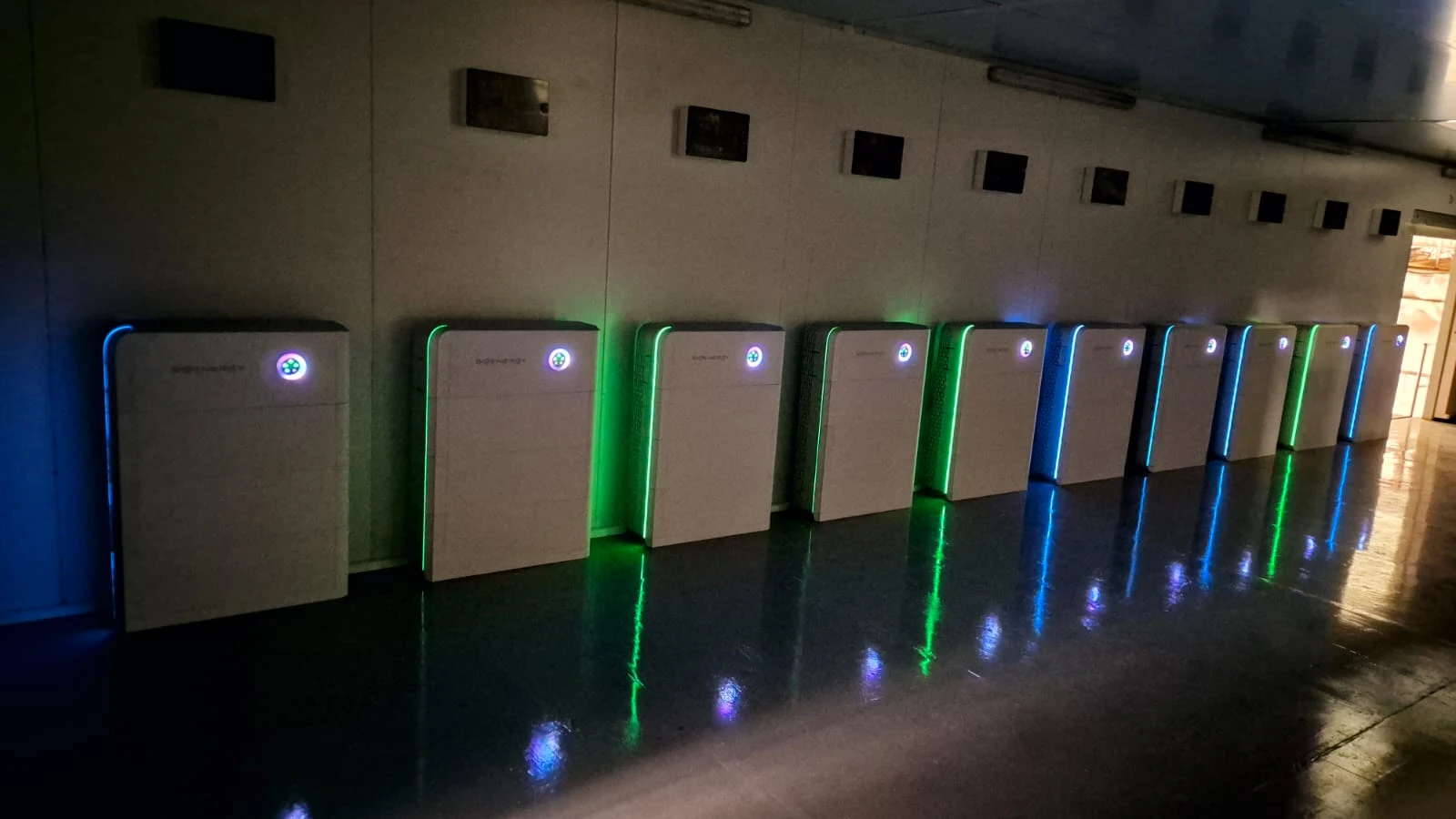
Battery Installers Brace for Surge in Demand Ahead of July Rollout
With Labor securing a second term in the federal government, a significant boost is coming for Australian households, small businesses and community facilities keen to install battery energy storage systems. From 1 July, the federal government will roll out the Cheaper Home Batteries Program, a $2.3 billion initiative to slash battery costs and supercharging uptake.
Under the scheme, eligible participants will receive an upfront rebate of approximately $370 per kilowatt-hour of usable battery capacity. The rebate applies to systems ranging between 5 kWh and 100 kWh, although only up to 50 kWh will be eligible for subsidy per installation. This covers both on-grid and off-grid systems, whether part of a new or existing solar installation.
The program, to be administered under the Clean Energy Regulator’s Small-scale Renewable Energy Scheme, is expected to cut the cost of a typical installed battery by around 30%.
While the announcement has temporarily stalled the battery market—with households pausing purchases in anticipation of the subsidy—industry experts say this slowdown will be short-lived. Demand is forecast to rise sharply from July, with Labor targeting over 1 million new battery installations by 2030, equating to at least 6.2 GWh of new storage capacity.
Retailers and installers are being urged to secure stock early by coordinating with distributors, who in turn are being encouraged to work closely with battery manufacturers to avoid shortages.
Importantly, batteries installed after the April announcement may still be eligible for the rebate—provided they are not switched on before the scheme officially begins on 1 July.
To qualify, all batteries must be enabled by a virtual power plant (VPP), though participation in a VPP will not be mandatory. The federal rebate will also be stackable with any existing state and territory incentives, further increasing its appeal.
Australia’s battery storage is likely to change a lot because of the new policy. This will give people more control over how much energy they use and help the country reach its green energy goals.